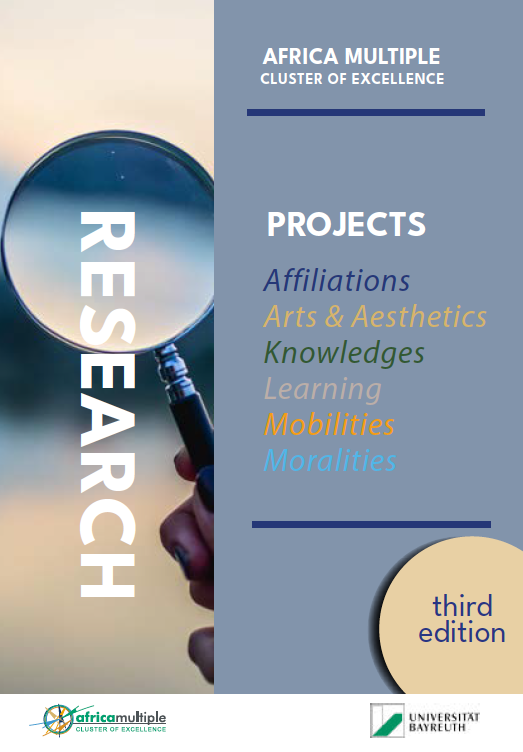Africa in the Global History of Refugee Camps (1940s to 1950s)
Research Team
Summary
Despite well-established criticism of refugee camps from both scholars and humanitarian practitioners, camps are are still key instruments in the management of refugee (im)mobility in Africa. This project will look into the global history of this seemingly ahistorical and technical humanitarian device. Focusing on the ‘emergency phase’ we will ask why and how refugee camps emerge and what knowledge, personnel and things must be mobilized in order to ‘make’ a camp. The common narrative of refugee camp history portrays them as a device that emerged in the 1940s in Europe and was transferred to Africa in the 1960s. However, instead we argue that there is a longer, and more entangled, history of encampment in Africa.
This project will focus on the encampment processes in three interrelated case studies: First, it will examine the transfer of colonial knowledge from Africa to the European, post-war refugee administration. This will be traced through the paths of former colonial administrators who changed their employment to work for UN refugee aid organizations. Secondly, it will consider the hosting of European refugees in African camps during World War Two, focusing on the work of UNHCR’s predecessor organizations UNRRA and IRO in Africa. Thirdly, it will analyze the emergence of refugee camps in Uganda in the late 1950s. These camps were established under colonial rule to deal with refugees from Rwanda, Sudan and Kenya and were only later taken over by international aid organizations.
Scheduled Project Duration
15.07.2019 – 14.07.2023



